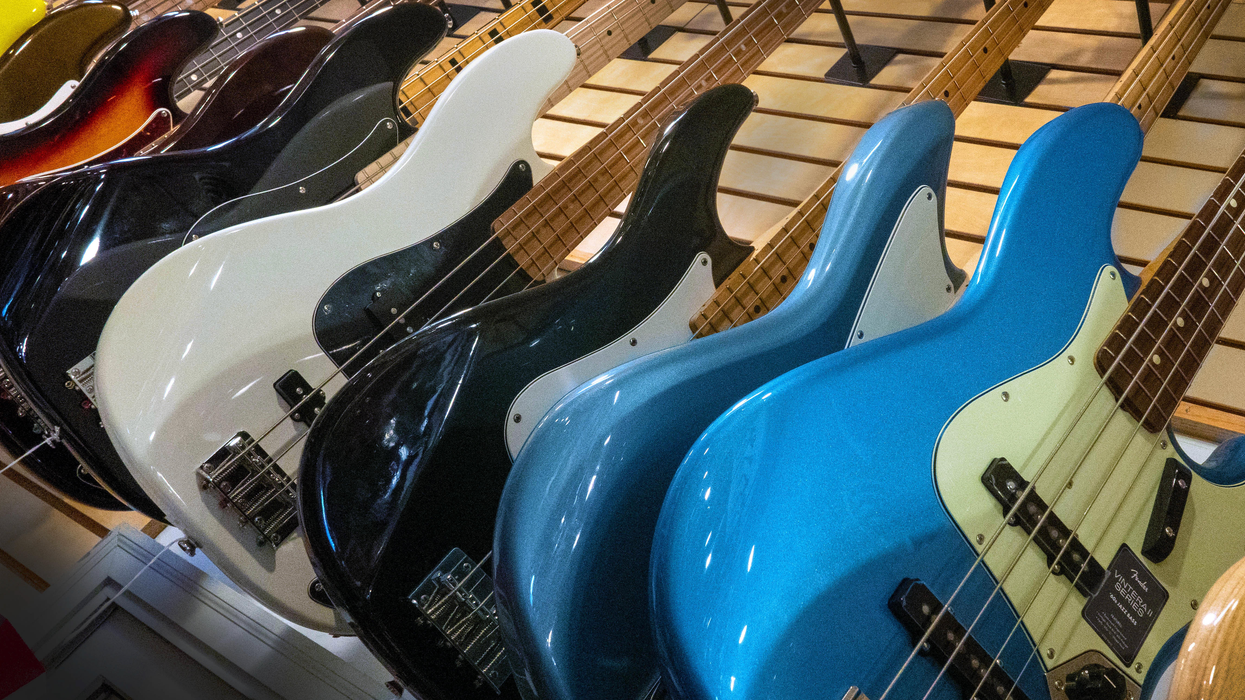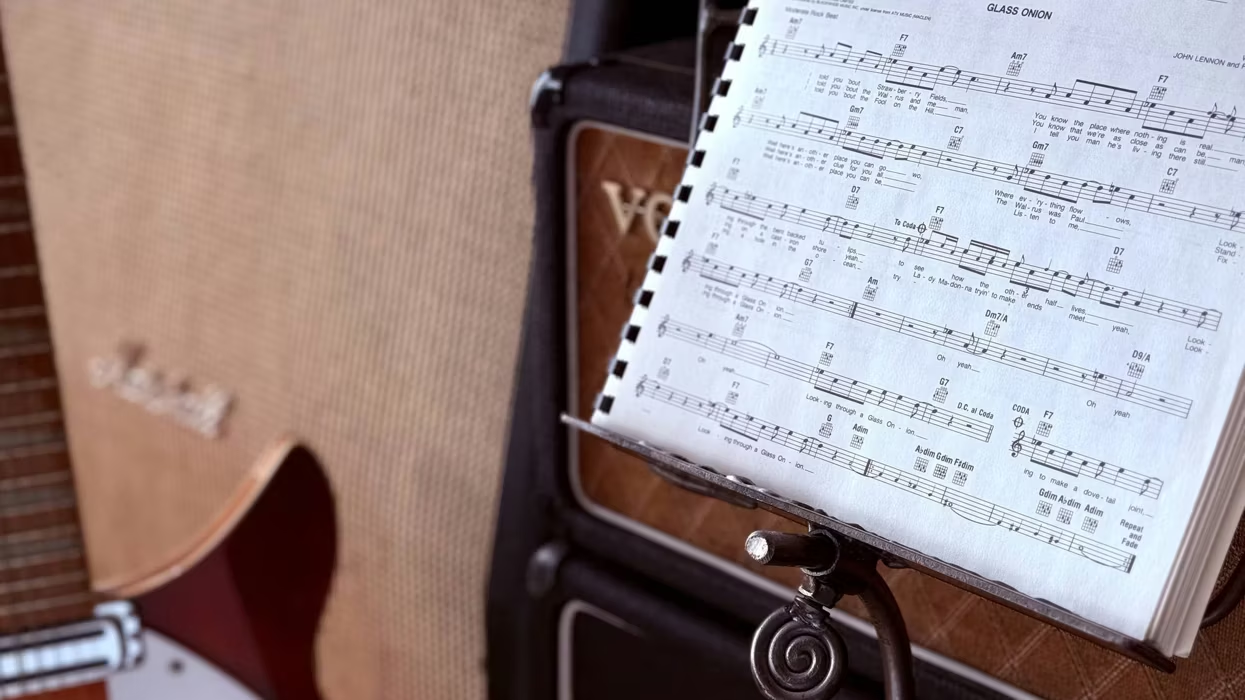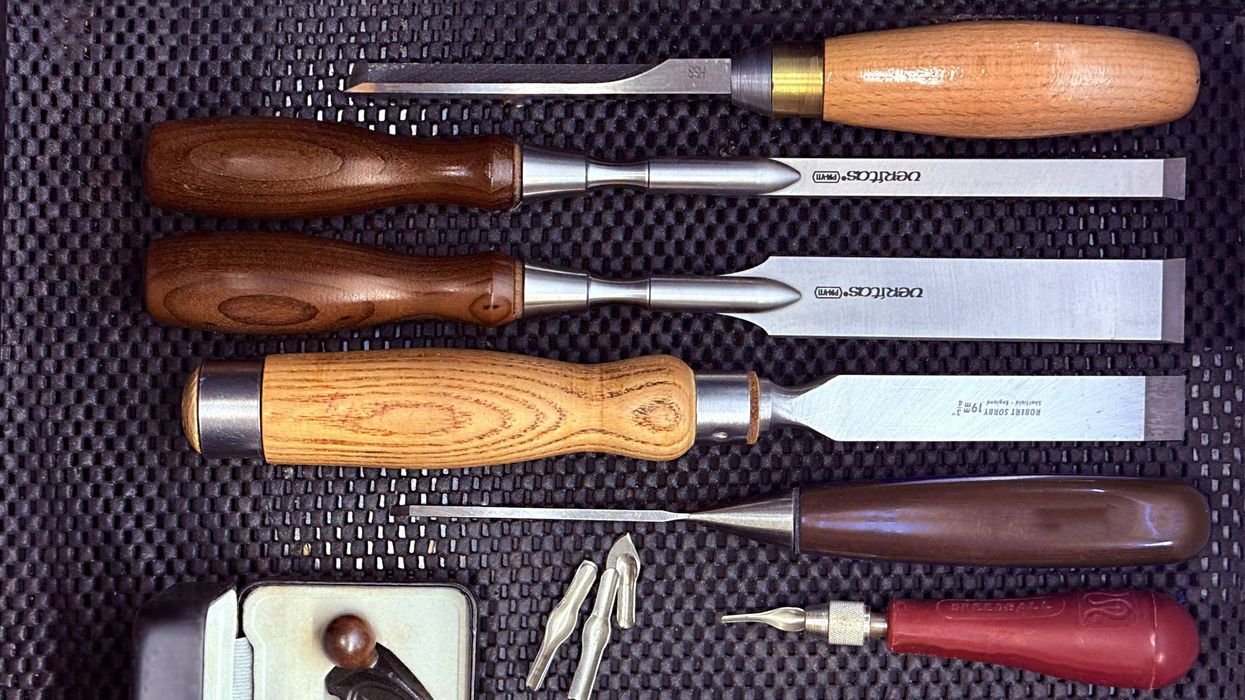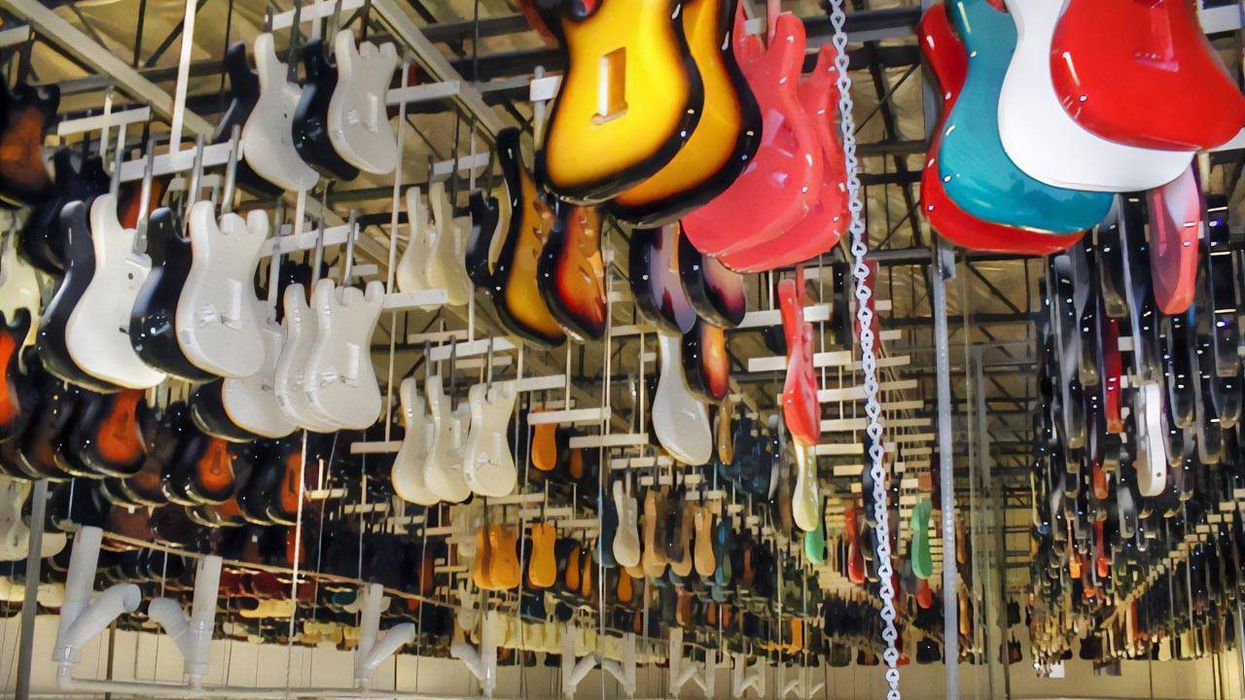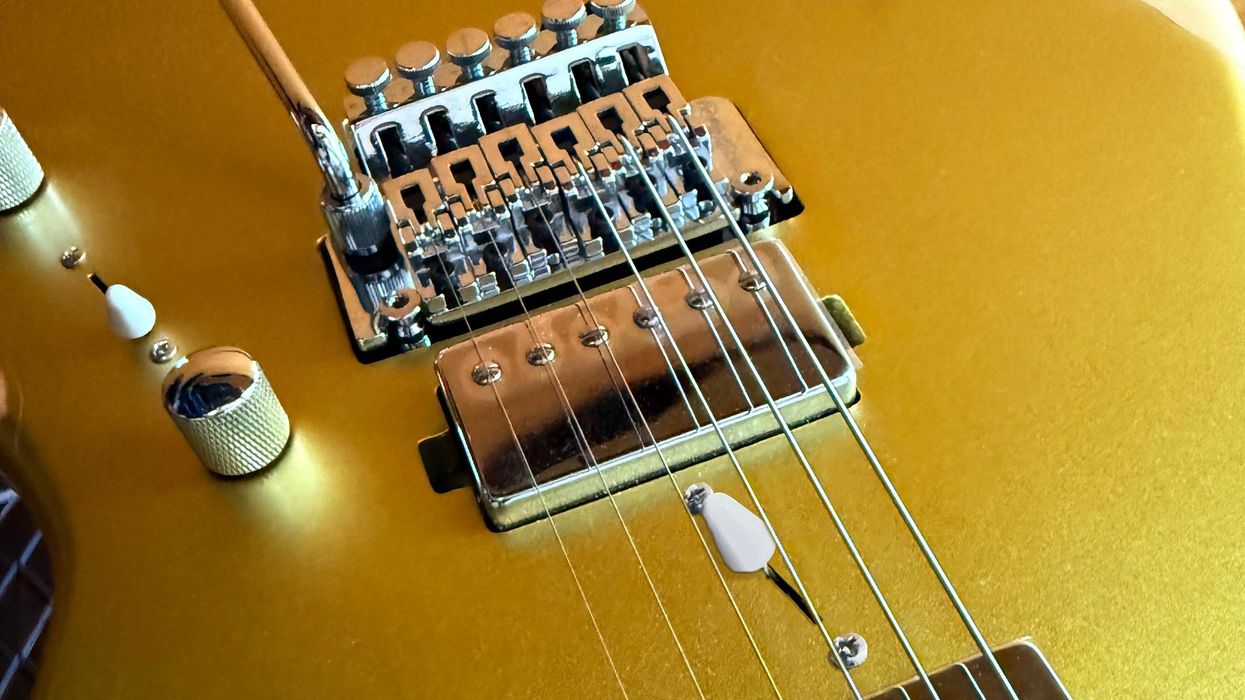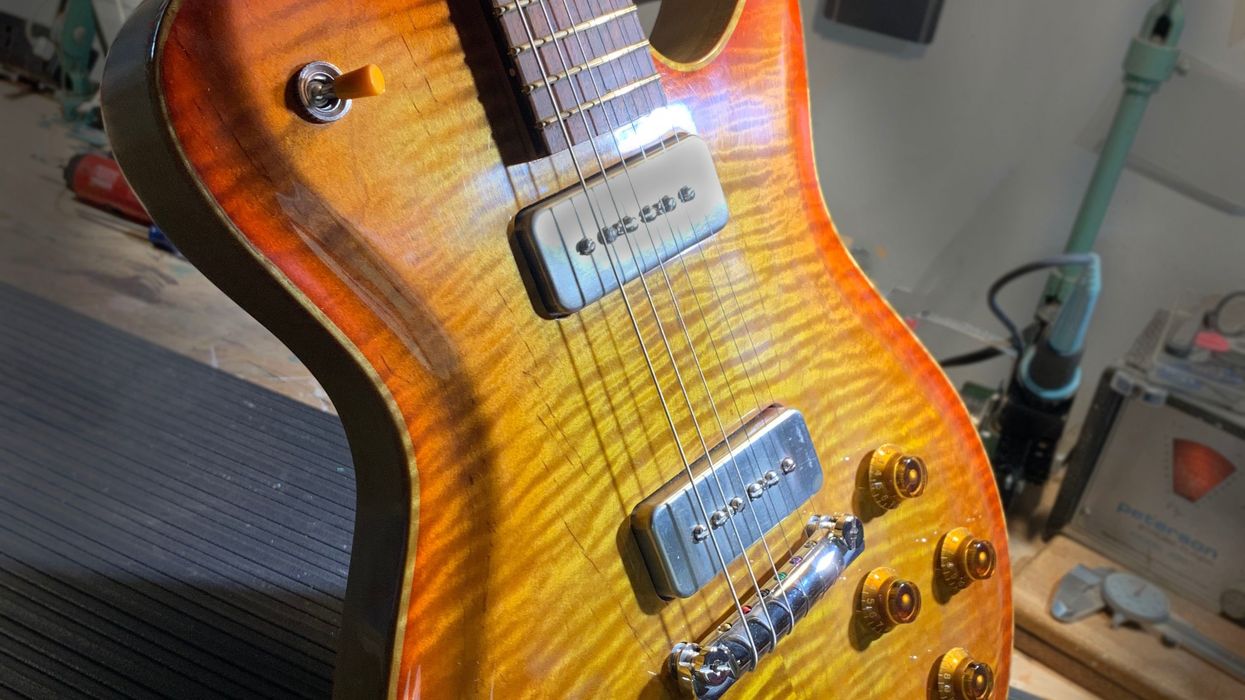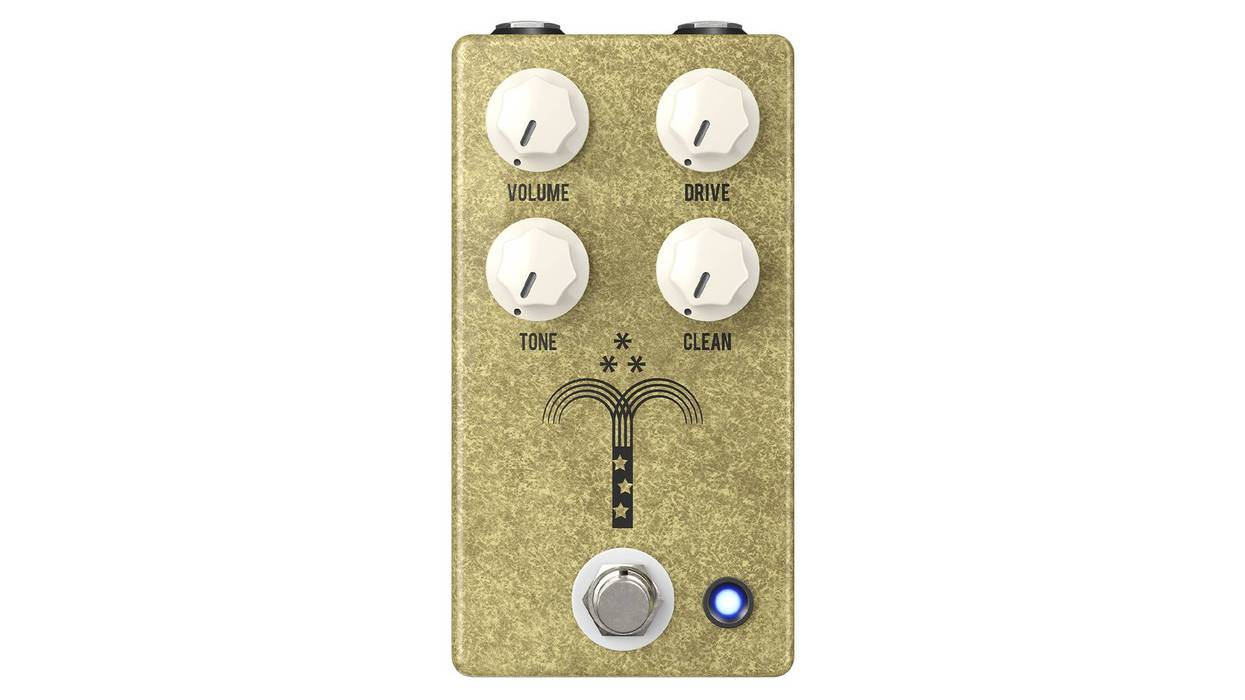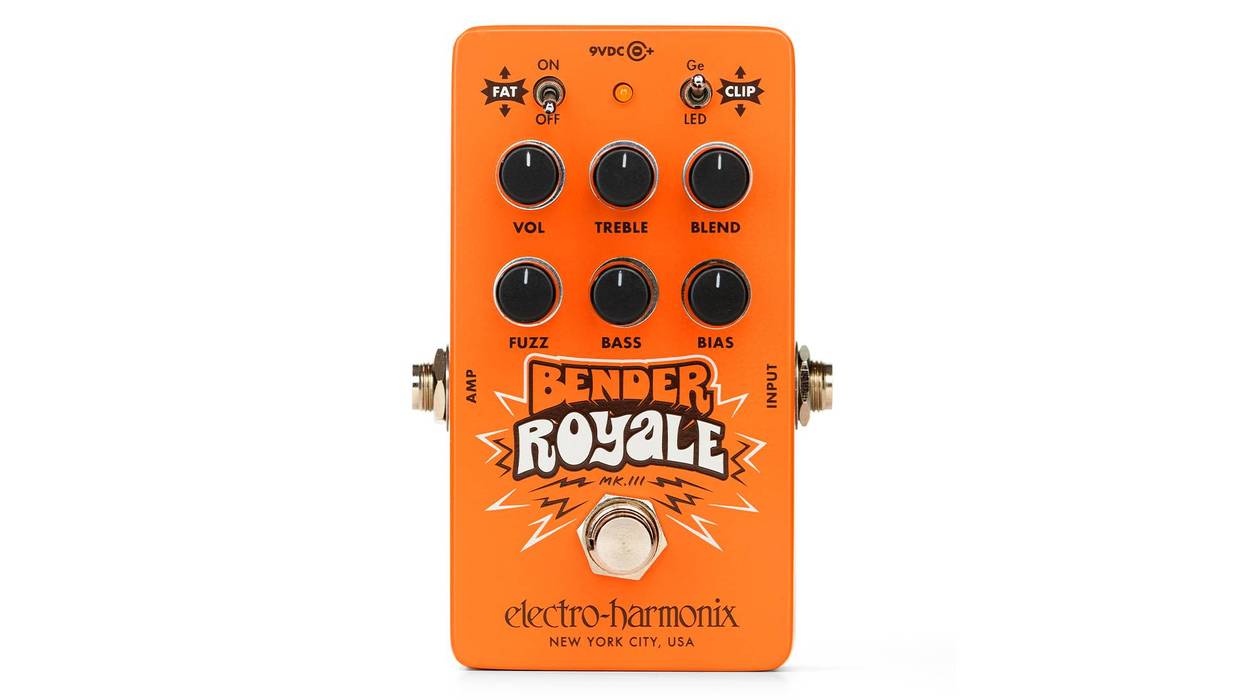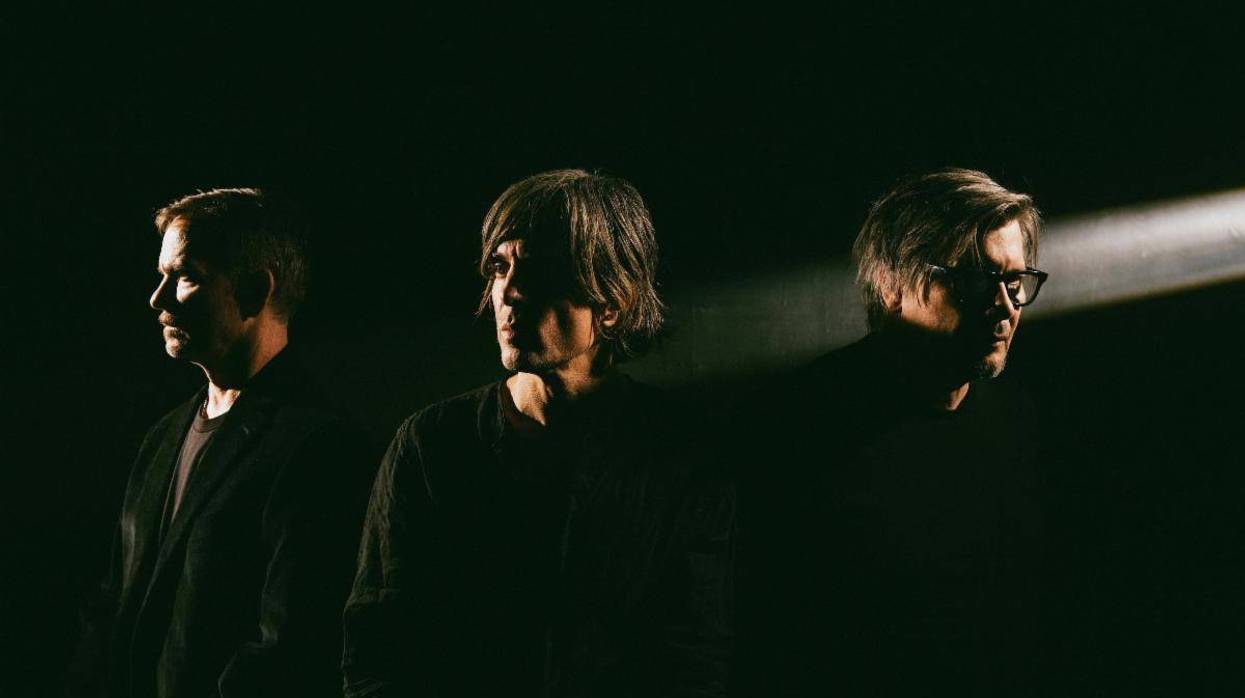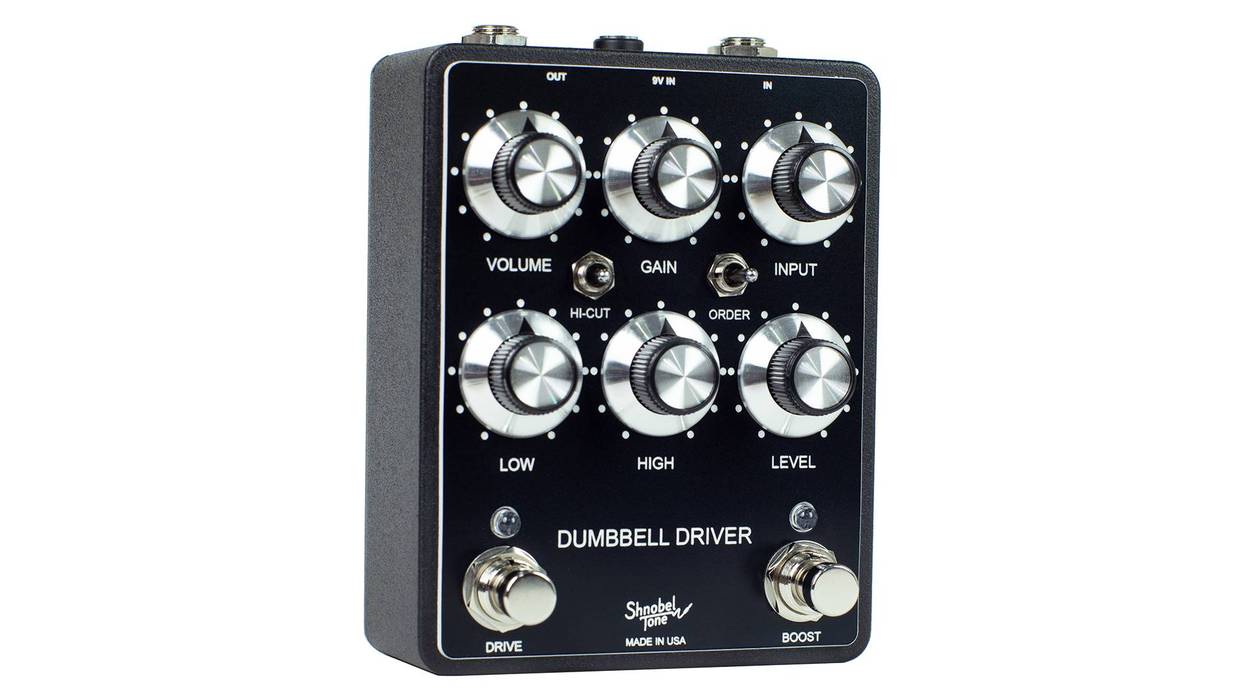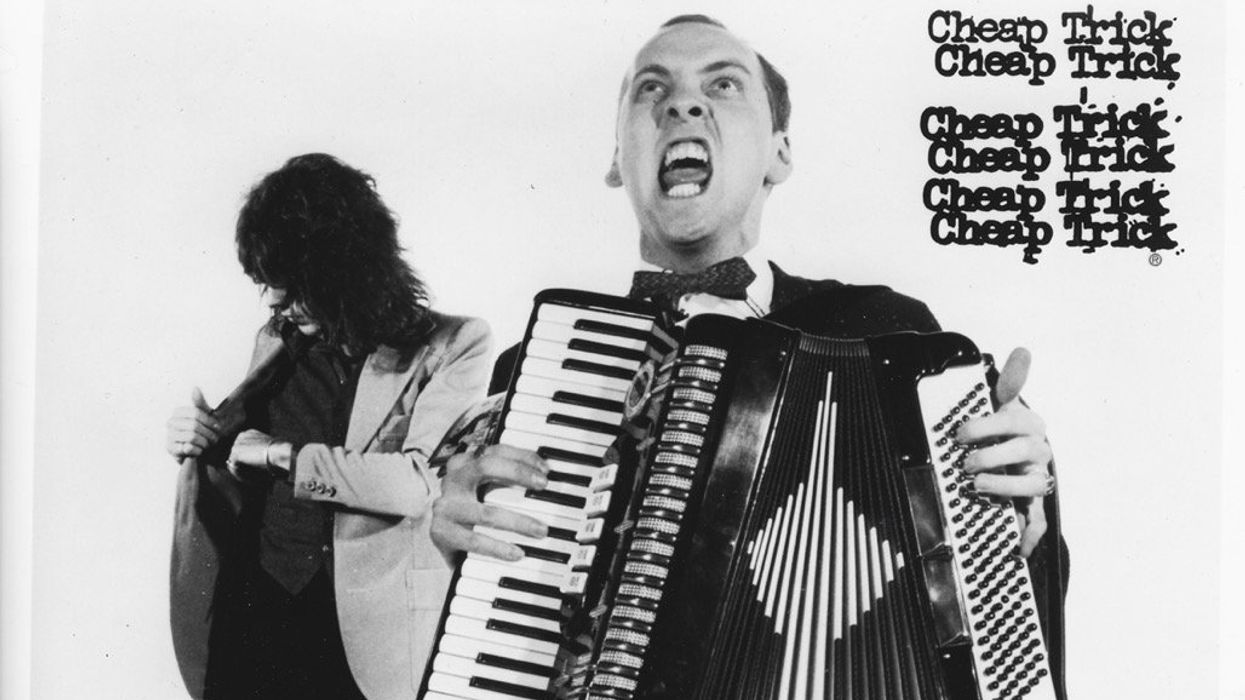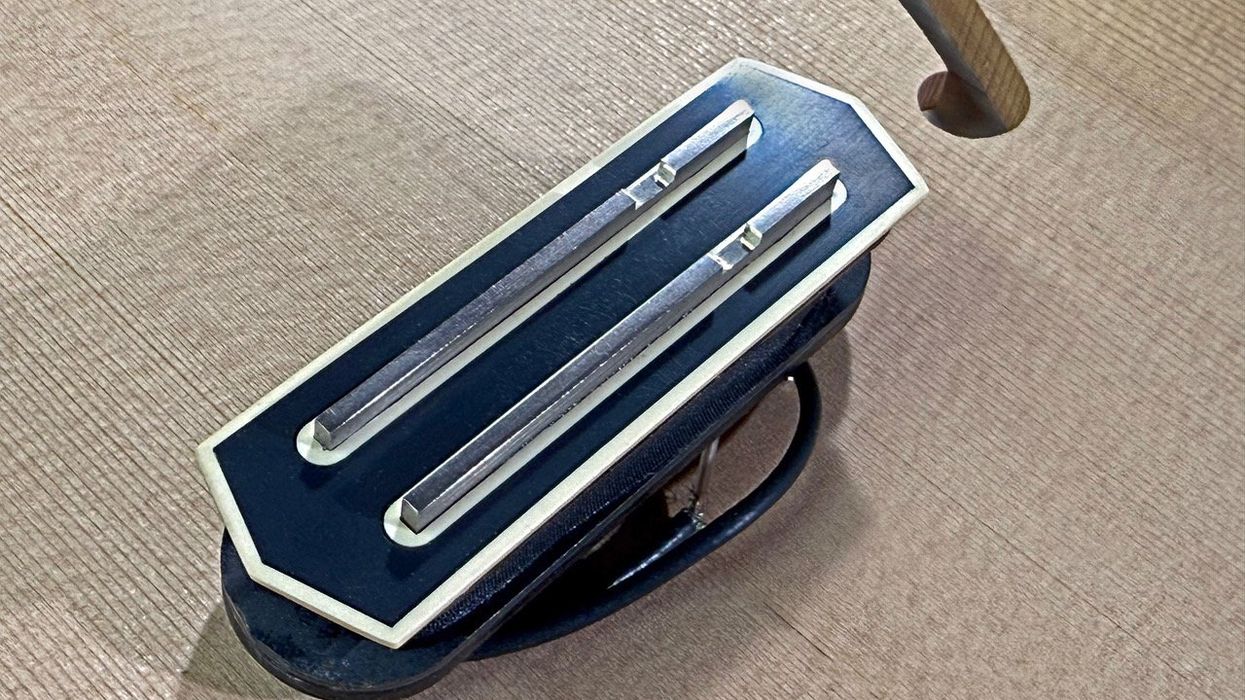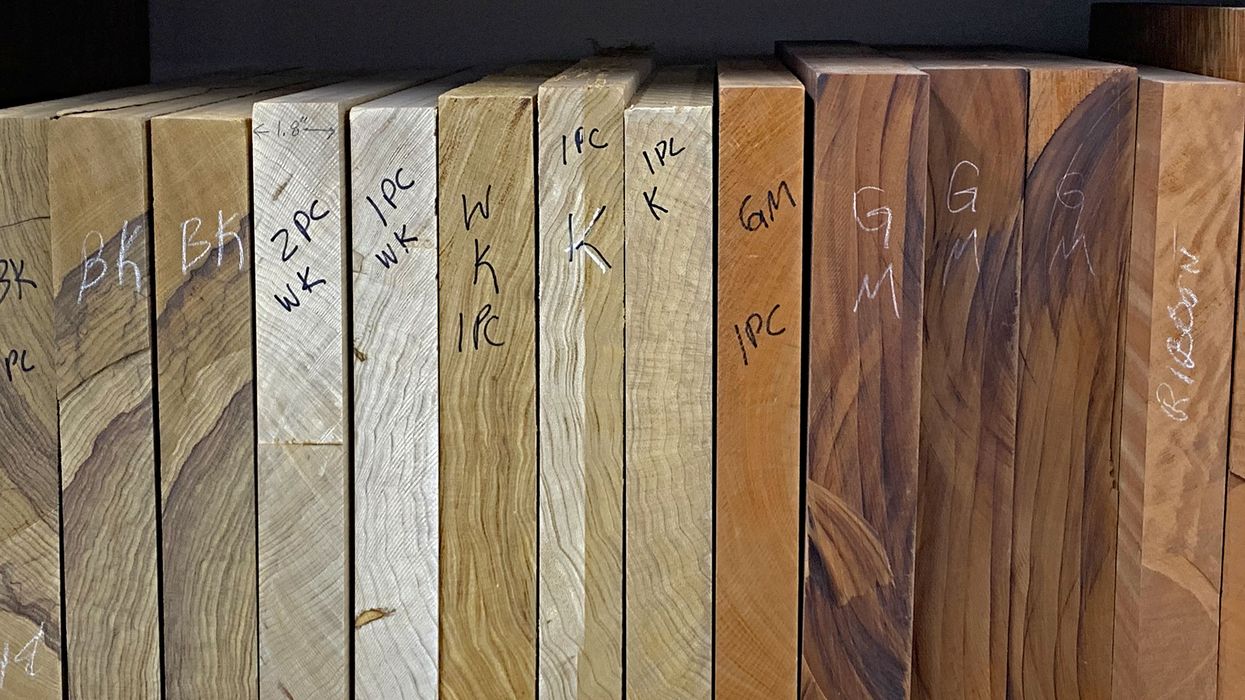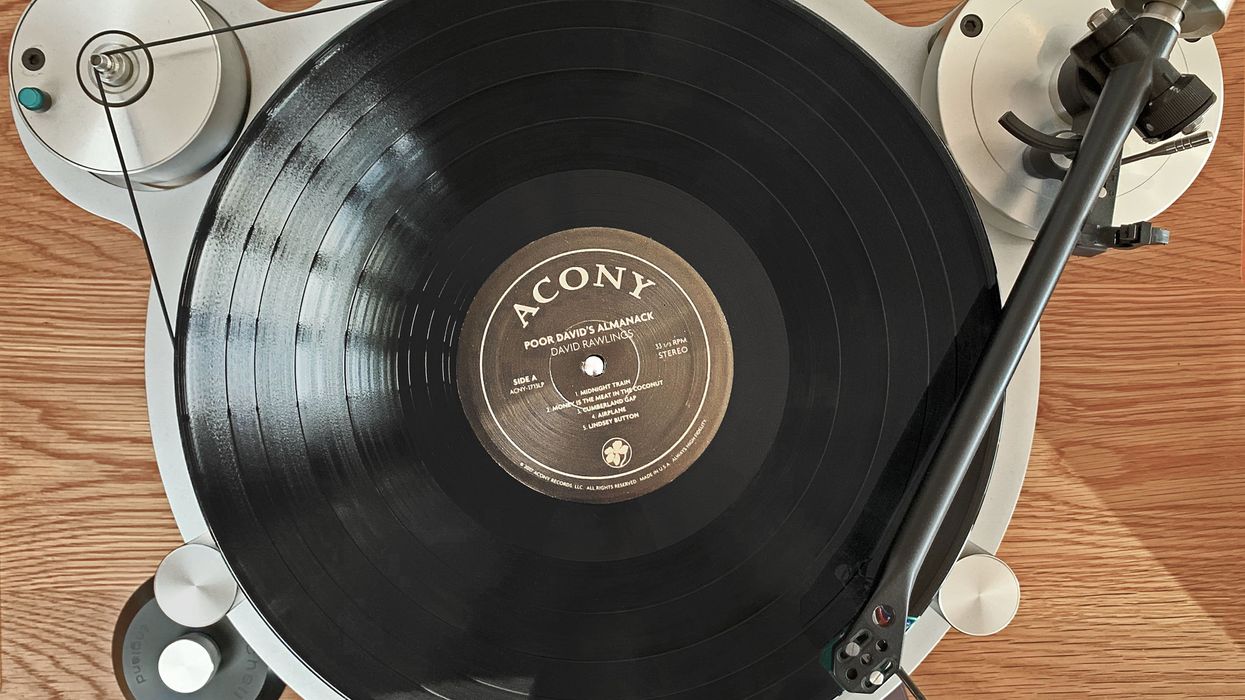One of the most significant innovations in modern music is undeniably the electric bass guitar. There are conflicting opinions about who invented the idea and when, but it is without a shred of doubt that Fender brought it to the masses. Looking at the state of the instrument from where we are today it’s hard to believe there was a time when it didn’t exist. That alone tells you how important Fender’s contribution is. Sure, there are low notes on pianos, organs, and synths, but the utility and portability of the bass guitar beats these rivals by a mile. Despite all of this, the bass has often been treated like an afterthought.
Part of the reason might be that it’s easy for any guitarist to just pick one up and play it. After all, they’re tuned exactly like the lowest four strings of a guitar. In most cases, bass parts generally don’t require you to play those pesky and intimidating chords, and bendy dweedle-dweedle acrobatics are usually out of the question. All you have to do is stay in your lane and play the root and some passing tones. Throw in some octave jumps and you’re golden. Aside from the tambourine, it’s the simplest way to get into music. Or is it?
I first started playing guitar in a band with three guitarists and no bassist. We were all around 13 years old and had a very limited knowledge of what we were doing. Once we realized that most bands had a bass player, we pressured one of the guys to trade in his guitar—an all-white SG Junior—and get a bass. It made an immediate difference for the better.
One day at our weekly rehearsal, the bassist didn’t show up. As the lower-ranking guitarist, I was elected to strap on his Gibson EB-2 and carry on. With some disappointment, I plugged the bass into the bright-blue-and-brushed-aluminum Baldwin bass amp and plucked a note. I was thunderstruck. We launched into our first number as I attempted to navigate a slightly different, yet familiar highway. As I gained confidence, my attitude became gleeful. So much power underneath my fingers! Pretty soon I began to hope our bassist wouldn’t ever show up. As it turned out, the next week I was relegated back to playing those pesky chords on my 6-string, but the brute force and glory of the bass stuck with me. For decades it was my main instrument.
“Suddenly, bass tones I’d attributed to just the bass guitar were revealed to be multiple instruments.”
As a newly minted bassist I started paying more attention to bass parts on recordings and in live performances. I began to become more aware of how the bass worked with drums to form the foundation of the music I loved. When I listened to music I was familiar with, I suddenly heard things I’d missed for years. I was paying more attention to the way a rhythm section locked together, but I also heard how certain tones were created by the blending of percussion—mostly kick drum and toms with the bass. Suddenly, bass tones I’d attributed to just the bass guitar were revealed to be multiple instruments. This, of course, is because the drummer and bassist are listening to each other and weaving in and out of each other’s parts. I’d suggest that every guitarist or bassist take a crack at learning to play drums. Even a basic understanding of percussion will make you a better musician, producer, or recording technician. Hell, work on some keyboard chops while you’re at it. The more you appreciate different disciplines the better you’ll be, and you’ll enjoy music more, too. For a young musician, this was a revelation that put me on a path to appreciating different styles of music. That mindset has also spilled over into my work as an instrument builder. When you step outside of your chosen lane and see what creates the whole, you understand more about what’s important about music and instruments. As a guitarist this gives me a more holistic approach, too.
The list of truly masterful bassists that switched from guitar proves that playing the bass is not the demotion that some guitarists might say it is. Understanding the whole picture is the key. As it turns out, I was just another one of many guitarists who picked up the bass in unforeseen circumstances. Some of the best known guitarists-turned-bassists include Noel Redding, Paul McCartney, Tal Wilkenfeld, Walter Becker, Geezer Butler, and even one of the most prolific bassists in recording history, Carol Kaye. In this company, I’m happy to have accidentally become a bass player. For me, bass is not an afterthought—I regard myself as a reformed guitarist.


